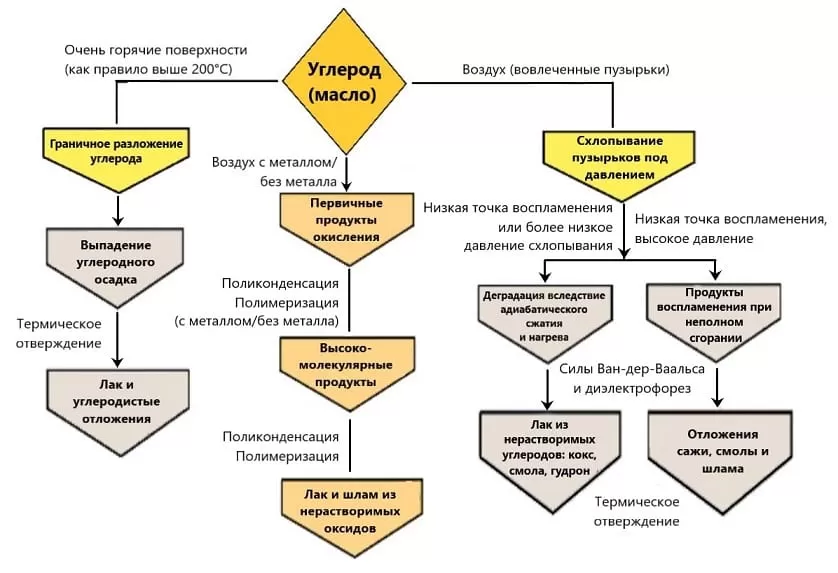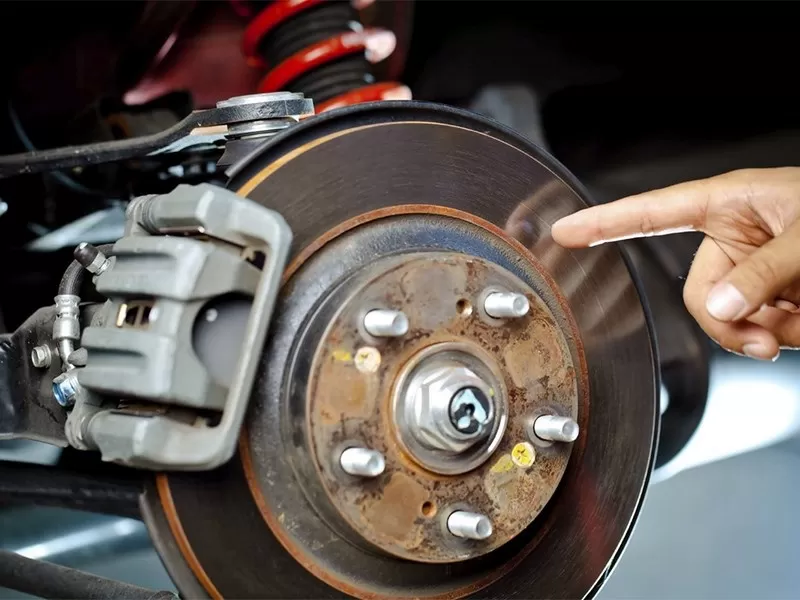
How to prevent engine oil sludge
Content
Changing the oil in your car regularly helps prevent carbon build-up. Engine oil sludge can lead to increased fuel consumption, low oil pressure and damage to engine parts.
Changing the oil is one of the most important car maintenance tasks. New, unused engine or engine oil is a clear, easy-flowing liquid that combines a base oil and a set of additives. These additives can trap soot particles and maintain the consistency of the engine oil. The oil lubricates the moving parts of the engine and thus not only reduces friction but also helps keep the engine cool. With frequent use, engine oil accumulates coolant, dirt, water, fuel and other contaminants. It also breaks down or oxidizes due to the extreme heat of your car's internal combustion engine. As a result, it turns into sludge, a thick, gel-like liquid that can cause serious damage to your engine.
How motor oil works
Motor or engine oil can be either conventional or synthetic. It works to absorb and protect your engine from pollutants. However, over time it reaches its absorption capacity and instead of carrying pollutants away, it deposits them on engine surfaces and in all other parts where it circulates. Instead of lubricating and reducing friction, the oxidized sludge causes heat to build up in the engine. Motor oil acts as a coolant to some extent, but oxidized sludge does the opposite. You will notice that the oil pressure drops and the fuel consumption per gallon of gasoline will decrease.
Engine oil sludge first forms on top of the engine, around the valve cover area and in the oil pan. It then blocks the oil screen siphon and stops the circulation of oil in the engine, causing more damage with each stroke. In addition to severe engine damage, you also risk damage to gaskets, timing belt, radiator, and vehicle cooling systems. Eventually, the engine may stall completely.
Common causes of oil sludge in an engine
Engine oil is unstable and tends to oxidize when exposed to oxygen at high temperatures. Oxidation can occur faster if the engine oil is heated for a long period of time.
During oxidation, engine oil molecules break down and the resulting products combine with dirt in the form of carbon, metal particles, fuel, gases, water and coolant. Together the mixture forms a sticky sludge.
Stop-and-go driving in heavy traffic and areas with many traffic lights can contribute to sludge buildup. Frequent short-distance driving can also cause carbon build-up.
Keep in mind
When you turn the ignition on, check the instrument panel for a Check Engine light and an Oil Change Notification light. Both can indicate that the engine oil needs to be changed.
Review the owner's manual provided by your vehicle manufacturer to find out when to change your engine oil. As a rule, manufacturers indicate mileage intervals for changing engine oil. Make an appointment at AvtoTachki accordingly.
Avoid frequent stops if possible. Walk or cycle short distances to prevent buildup of engine oil sludge.
If the dashboard indicates that the car is heating up, have the mechanic also check for engine oil sludge.
It is never recommended to add engine oil if you see that the oil pressure is low. If the oil pressure light is on, check it or completely replace it.
How is it done
Your mechanic will check the engine for signs of sludge buildup and advise you if an engine oil change is required. He or she can also check for other possible reasons why the Check Engine light is on.
What to expect
A highly trained mobile mechanic will come to your home or office to determine the cause of various signs of oil sludge. He or she will then provide a detailed inspection report that covers the part of the engine affected by engine oil sludge and the cost of the necessary repairs.
How important is this service
Make sure you follow your vehicle's instruction manual and change your engine oil regularly at AvtoTachki. This must be done or you risk serious engine damage. You may even have to replace the entire engine, which can be a very expensive repair. AvtoTachki uses high quality conventional or synthetic Mobil 1 oil to prevent sludge.
